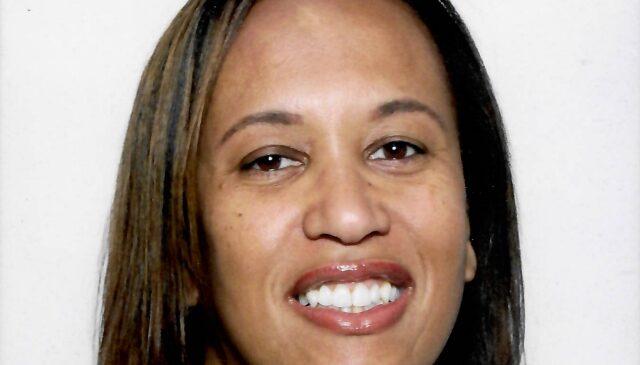First Friends has appointed Kieron Hooper as manager of First Friends, Eastleigh. Hooper qualified as a nursery educator in 2014…
Government launches first stage of school nursery plan
Education minister Bridget Phillipson has announced the first stage of the government’s plan to deliver 3,000 nurseries by upgrading spare spaces in primary schools will begin next month.
From October, schools will be invited to bid for a share of £15 million capital funding, with capacity in the programme to deliver up to 300 new or expanded nurseries in this first round.
Schools will need to demonstrate how their proposals will respond to need in their local area, supporting the 2025 expansion of government-funded hours of childcare and early education for working parents to 30 hours a week.
Funding will be allocated to successful schools in Spring 2025 to support delivery for the first cohort of places.
In her speech to the Labour Party Conference this week, Phillipson talked about “a new era of child-centred government — building a country where children come first” and “the first phase of our new nurseries, of high quality early education, boosting life chances for children and work choices for parents.”
The Department for Education said it will use the first phase of the programme to understand how the government can best support “underserved and poorer areas”. It said it will “engage with the sector” on the most appropriate model to extend the programme across the country in its second phase.
The government has urged schools interested in bidding for the first round to start discussing with their local authorities, governing organisations and wider stakeholders to consider pupil place planning, local childcare sufficiency and next steps for setting up and running new or expanded nurseries.
Neil Leitch, chief executive of the Early Years Alliance, welcomed the education secretary’s “commitment to a child-centred approach to government” but said the government must not forget that “private and voluntary nurseries, pre-schools and childminding professionals still provide the vast majority of early years places.”
“We know firsthand that the educational professionals working in these settings are experienced at delivering the high-quality early education and care needed to support children’s learning and development, the benefits of which can be seen throughout their time in school and beyond,” he said. “As such, we’re clear that this vital part of the sector must be central to any reform plans.”
Purnima Tanuku, chief executive of National Day Nurseries Association (NDNA), welcomed Phillipson’s “commitment and passion for early years” but also called for private, voluntary and independent (PVI) nurseries to be included.
“Many PVI providers – who already deliver three quarters of the country’s childcare places – are keen to expand but have been unable to get any capital grant funding,” she said. “This situation should be addressed immediately to create a level playing field for all providers to meet the demand.”
Latest Managers
In our series showcasing the sector’s nursery managers, we find out about Claire Mills, manager at MiChild’s Newhouse Nursery in…
A London nursery owner is running a free training event for nursery owners and human resources leaders to mark National…




